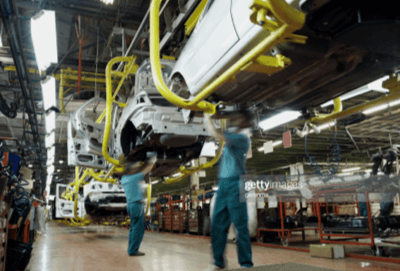In April 2018, the Plastics Industry Association (PLASTICS) and several partner associations delivered a letter to Capitol Hill calling on the House majority and minority leaders to develop and advance an infrastructure investment package to address the United States’ need for better recycling efforts and innovation. The timely and urgent call for discussion cites recent decisions—and ultimately, disruptors to U.S. recycling programs—by China to reduce or end the importation of scrap material from other nations, coupled with the loss of valuable feedstock for American manufacturing when material that isn’t recycled ends up in landfills.
The letter outlines the following priorities to prioritize recycling in the U.S.:

Following up on the letter that was sent to Congress, members of the coalition began drafting language for legislation that could be introduced as a standalone bill or incorporated into a larger infrastructure package. It maintains the principles that were already identified, and our hope is that it will help guide legislators who desire to turn our ideas into law. The legislation would benefit all stakeholders and all material types and show that the federal government is interested in improving our nation’s recycling infrastructure.
Supporters of this legislation include:

American Chemistry Council | American Frozen Food Institute | AMERIPEN | Association of Plastic Recyclers | Berry Global | EREMA | Flexible Packaging Association | Foodservice | Packaging Institute | Glass Packaging Institute | International Bottled Water Association | Kenrich Petrochemicals, Inc. | National Waste & Recycling Association |Plastics Industry Association (PLASTICS) | The Recycling Partnership | SNAC International | Solid Waste Association of North America | Sustainable Packaging Coalition/GreenBlue | Unilever | The Vinyl Institute
The resources below outline the status of our current recycling system and how this legislation works.
U.S. Recycling: Building America’s Infrastructure Through Sustainability
RECOVER Act: Realizing the Economic Opportunities and Value of Expanding Recycling